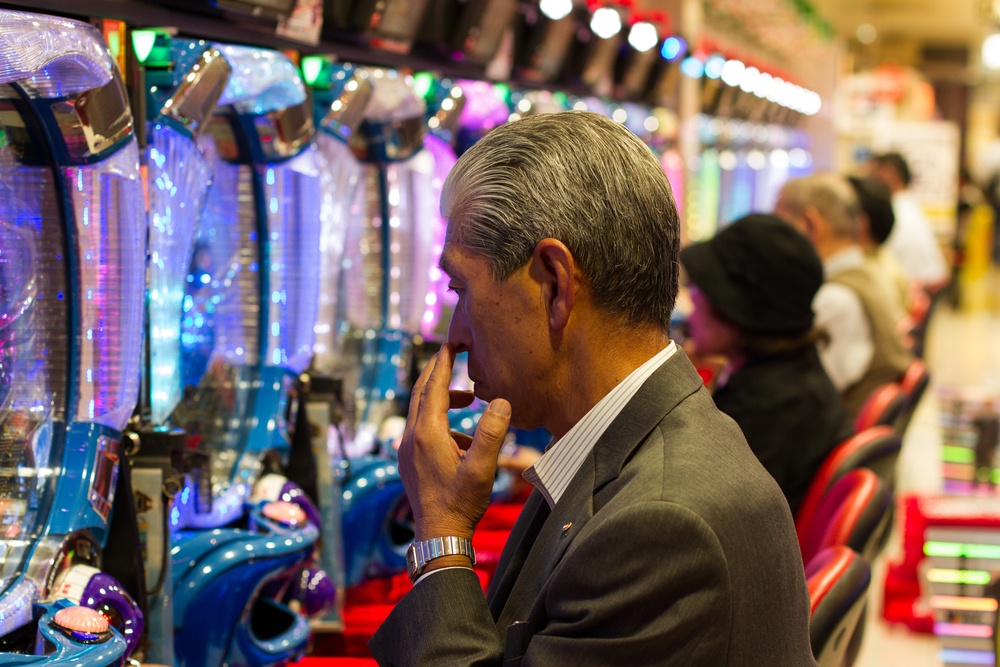Operators Pull Out Japan Casino Plans Amidst Uncertain Gambling Regulations

The casinos needed to submit tedious requirements before legalizing the business and face heavy taxes as they operate.
Regulators promised to release the guidelines In January, but nothing was published until now. The novel coronavirus pandemic delayed many operators’ plans, and it has dissuaded many from operating in the country. Operators saw massive opportunities in Japan’s gambling industry, and many claimed they are willing to spend $10 billion to launch their business.
Japanese people have a long history of gambling. Pachenko, its most famous game, is treated as an entertaining activity. The Japanese place their bets in horse racing, bicycle racing, powerboat racing, motorbike racing, and soccer. However, gambling is banned in the country as mandated by its Criminal Code.
Table of Contents
Japan’s promising casino industry
Japan is not known for casinos, but its people’s love for gambling is evident in its spending on legal betting activities. The Japanese government allows operations of land-based and online betting platforms for prohibited sports. The Japanese also enable the lottery to operate.
The 2016 Integrated Resort (IR) Promotion Law and the 2018 IR Implementation Law opened the window for casino operators to legalize the country’s operations. Casinos hoped to enter the Japanese gambling market as they see the possibility for growth. Industry insiders believe that Japan’s casino industry will follow Macau as a leading gambling tourism destination.
Online gambling in Japan is still prohibited, but experts see high projects high demand as the number of sports bettors continue to grow. Online and land-based betting on horse racing and other sports are regulated and owned by the government.
Japan’s gambling industry faces challenges
This month, a former lawmaker was involved in a bribery case linked to a Chinese casino developer. The scandal caused significant setbacks in legalizing the casinos.
Prime Minister Shinzo Abe supported the legalization of casinos in Japan, but he resigned on Friday because of his failing health.
Sheldon Adelson, Las Vegas Sands chairman and CEO, commented in July that the regulations proposed by the Japanese government to the parliament are not conducive to attracting investments for its gambling market. The CEO said Japan’s move to impose taxes on foreign visitor’s winnings would never attract a single foreigner when implemented.
Mr. Adelson said the government might increase taxes as the casinos operate, which will be added to the already approved 30 percent gambling tax. Las Vegas Sands is one of the top competitors in the race for a license in the country. Sans announced their decision to pull out plans to invest in Japan in May. The company spent nearly two decades on its plan to legalize operations in the Asian nation.
Japan moved to legalize the industry as they aim to boost its tourism industry. The development of integrated resorts was the first step to launch its casino industry fully.
Read Also:

Genesis Casino Ready to Accept Spanish Players, Gives a Bonus
The latest development for the Genesis casino, in particular, is the expansion of its operations.…

Genesis Global Limited Offers Even More Bonuses & Fun at FunBet
They’ve released several gambling brands since the start of 2020, with great new gambling opportunities…

Dutch And Maltese Gaming Regulators Signs MoU To Prevent Illegal Gambling
The Purpose of MoU Under the MoU, there will be an enhanced cooperation between the…

GrooveGaming Extends Contract With BetConstruct
The success of the merger showed a high demand for online casino products. GrooveGaming exploited…

Chile’s Casino Operators Receives Coronavirus Relief From Creditors, Investors
The gambling industry is among the industries which suffered the biggest losses. The casinos shut…

A Total Of 70 Gambling Ads Have Been Found By ASA, UK in Q2 2020 on Sites Familiar With Young Audience
The authority has not yet declared the names of the operators, which have been running…